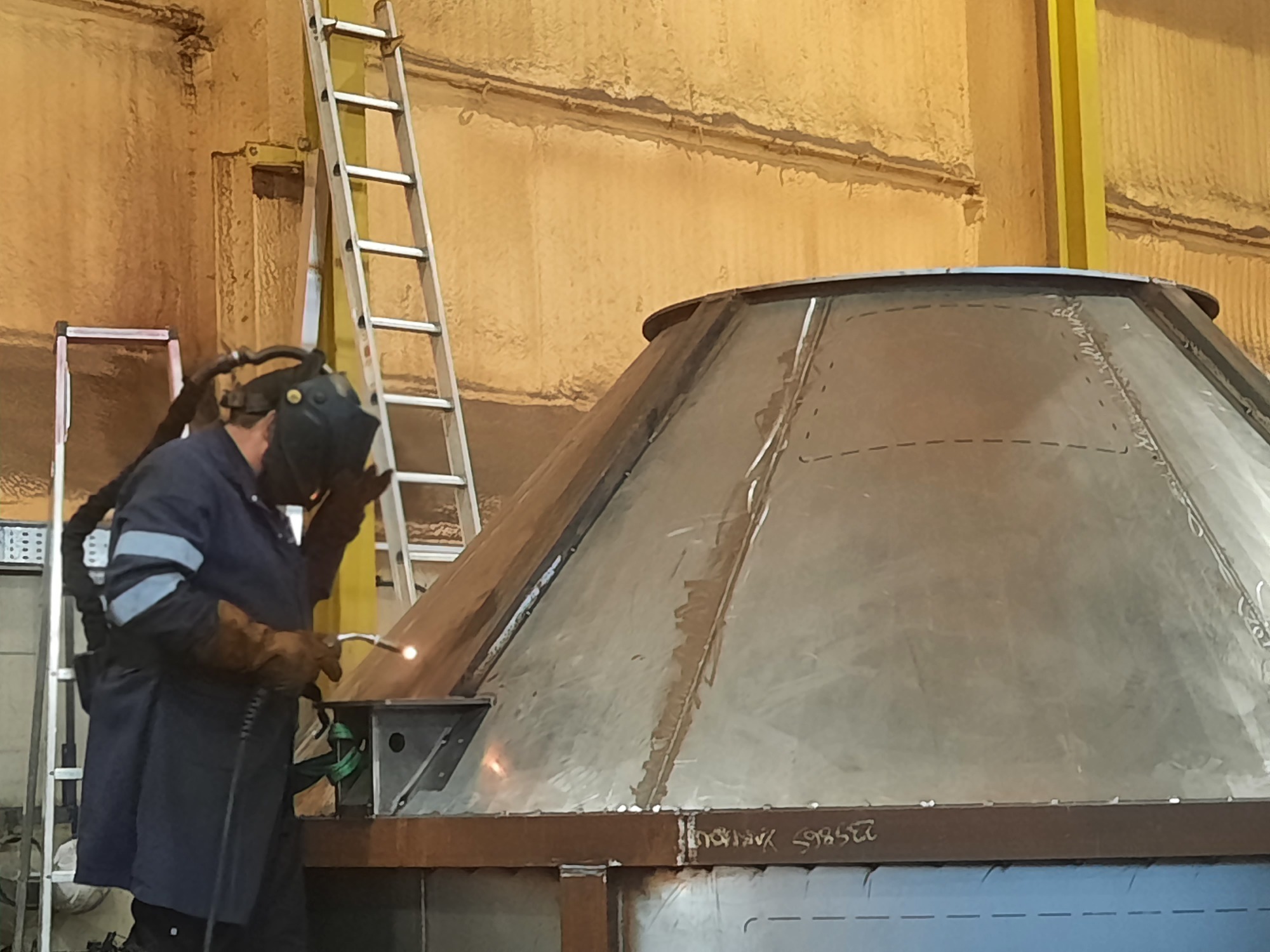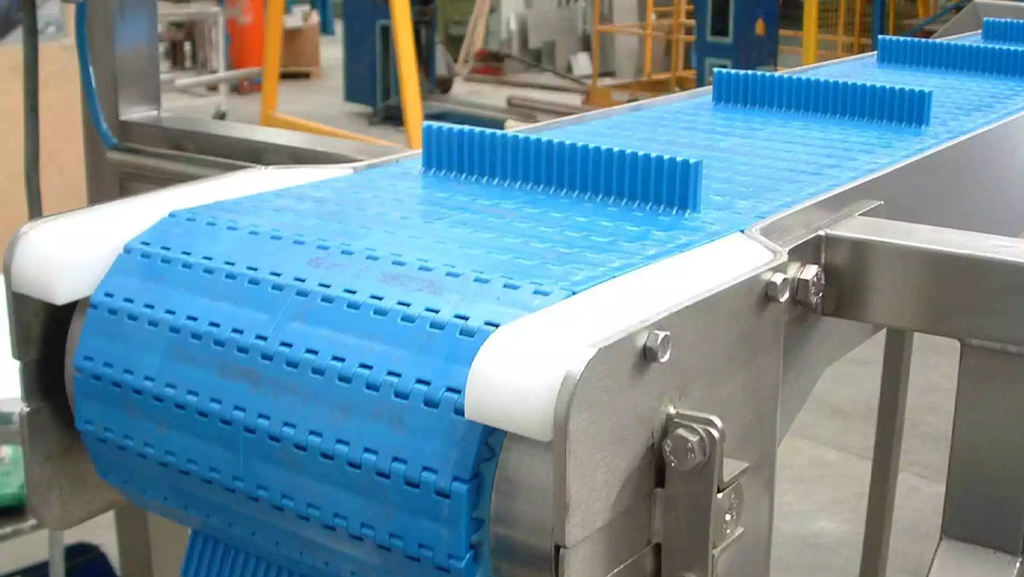Manufacture of large Chimney Stacks and Cyclones for herb production facility. Project: Camstar Herbs -…
Mezzanine floors can benefit food processing and other types of business in a number of ways. In this post we take a look at a few of these potential advantages and discuss some of the scenarios where you may want to use this type of flooring.
When choosing a mezzanine floor, there are several key factors to consider:
- Load capacity: The mezzanine floor must be able to support the weight of people, equipment, and materials that will be stored on it. Make sure that the mezzanine floor you choose has a load capacity that meets the requirements for the space.
- Height and size: Consider the height and size of the mezzanine floor. Mezzanine floors are usually custom-made, so you can choose the size that best fits your space. However, it’s important to make sure that the height is appropriate to allow for proper headroom and accessibility.
- Building codes and regulations: Make sure that the mezzanine floor meets all local building codes and regulations. This includes requirements for fire safety, exits, and other safety standards.
- Accessibility: Consider the accessibility of the mezzanine floor. It should be easy to reach and have a safe and secure access point, such as a staircase or a lift.
- Durability: The mezzanine floor should be made of durable materials that can withstand regular use and any potential hazards. Stainless steel and aluminum are known for their durability and resistance to corrosion.
- Flexibility: Depending on your facility, it may be useful to have a mezzanine floor that can be easily modified or expanded in the future. This can improve the flexibility of the mezzanine floor and allow for easier expansion of the facility.
- Cost: The cost of a mezzanine floor can vary depending on the materials and design. Consider the cost and choose a mezzanine floor that fits within your budget while meeting all safety requirements.

Free Up Floor Space
A major benefit of using mezzanine floors is that they can help to free up floor space. This is perhaps hardly breaking news, but it is very significant benefit; so definitely still worth mentioning.
Warehouses, in particular, can be vast, however, only a small proportion of that space is actually usable. In many instances, everything from the floor up is wasted. A mezzanine floor allows you to create an extra level thereby optimising your usage of space.
Furthermore, the flooring can be completely custom, allowing a company to have the extra level precisely where they need it most.
Keep Up with Expansion
A food processing company that goes through a period of rapid expansion has plenty to celebrate; however, one downside may be that they begin to run out of room in their existing premises.
This can leave the company in the potentially costly and long winded position of needing a new factory. In such a scenario, mezzanine flooring can offer an alternative solution.
The flooring not only facilitates the creation of new space to alleviate growing pains, but the variety of flooring can also be extremely economical.
Another advantageous feature of mezzanine flooring is that it’s demountable, which means no planning permission is required to install it. This is a factor that helps to make the process of installing the flooring solution very efficient.
Onsite Office
As with any commercial outfit, a food processing company needs an office. However, owing to space constraints often caused by having large machinery and equipment, the office of a food processing company is often located offsite.
This can not only impede down channels of communication, but it can also be costly if staff have to continually travel between sites. A mezzanine floor allows a company to incorporate its office within its food processing factory.
Mezzanine Floors – Find Out More
Click on the following link if you would like to find out more information about mezzanine floors, or this link for information on other stainless steel equipment manufactured by Wrightfield.




